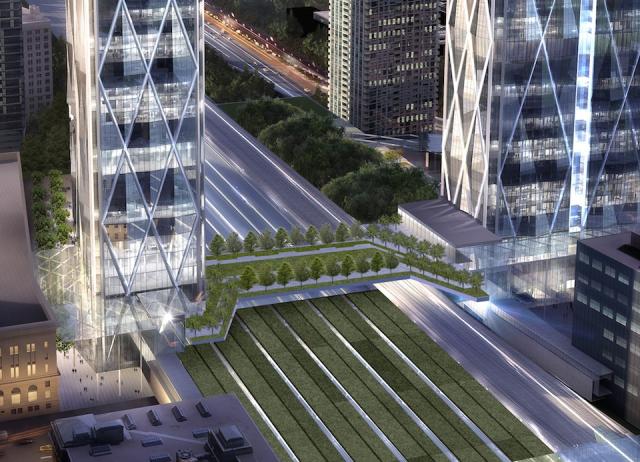steveintoronto
Superstar
F
First time we've agreed. Ditto TIFF closing King Street.In other news related to GO buses Lake Shore Boulevard will be closed 5am to 2pm for "Waterfront Marathon", severely delaying GO bus service. Also 511 Bathurst will be completely closed for a few hours and sections of 501 Queen and 504 King will be closed and many other TTC routes will be disrupted as well. If City Council is going to approve a new GO bus terminal maybe it should also prohibit unnecessary closures of major roads like DVP, Gardiner & Lake Shore which severely negatively affect GO bus service and traffic in this city.
Last edited:






